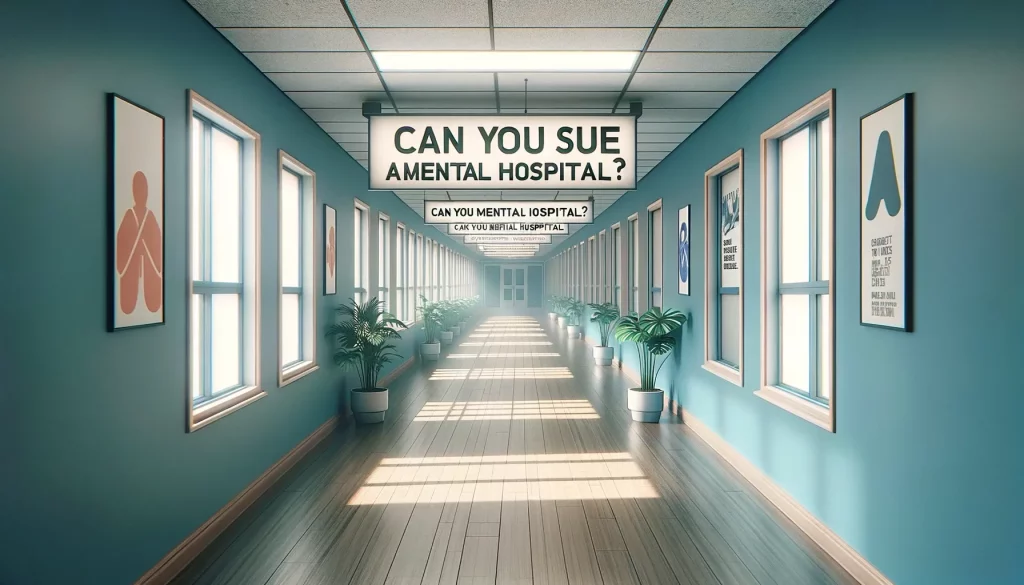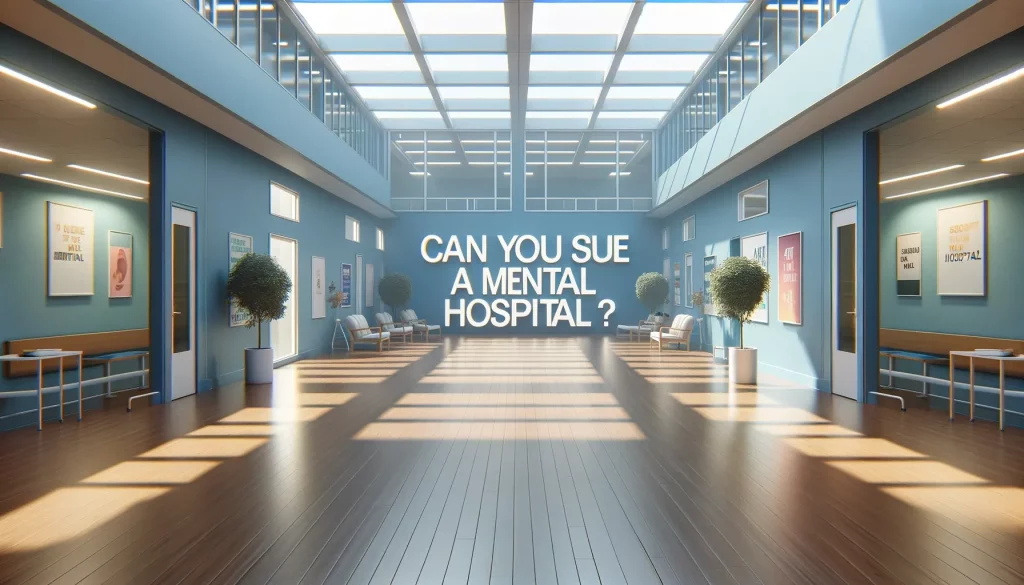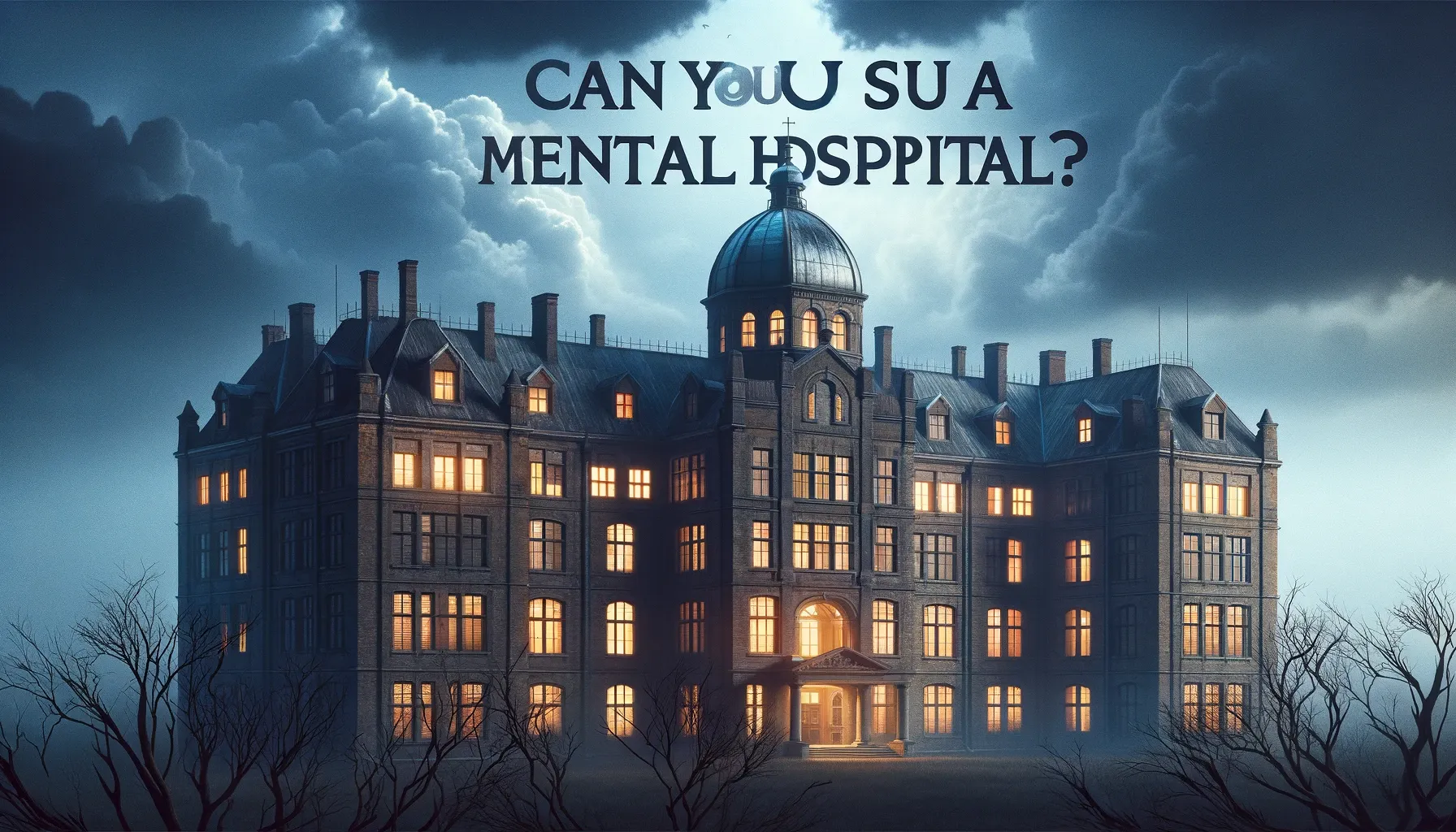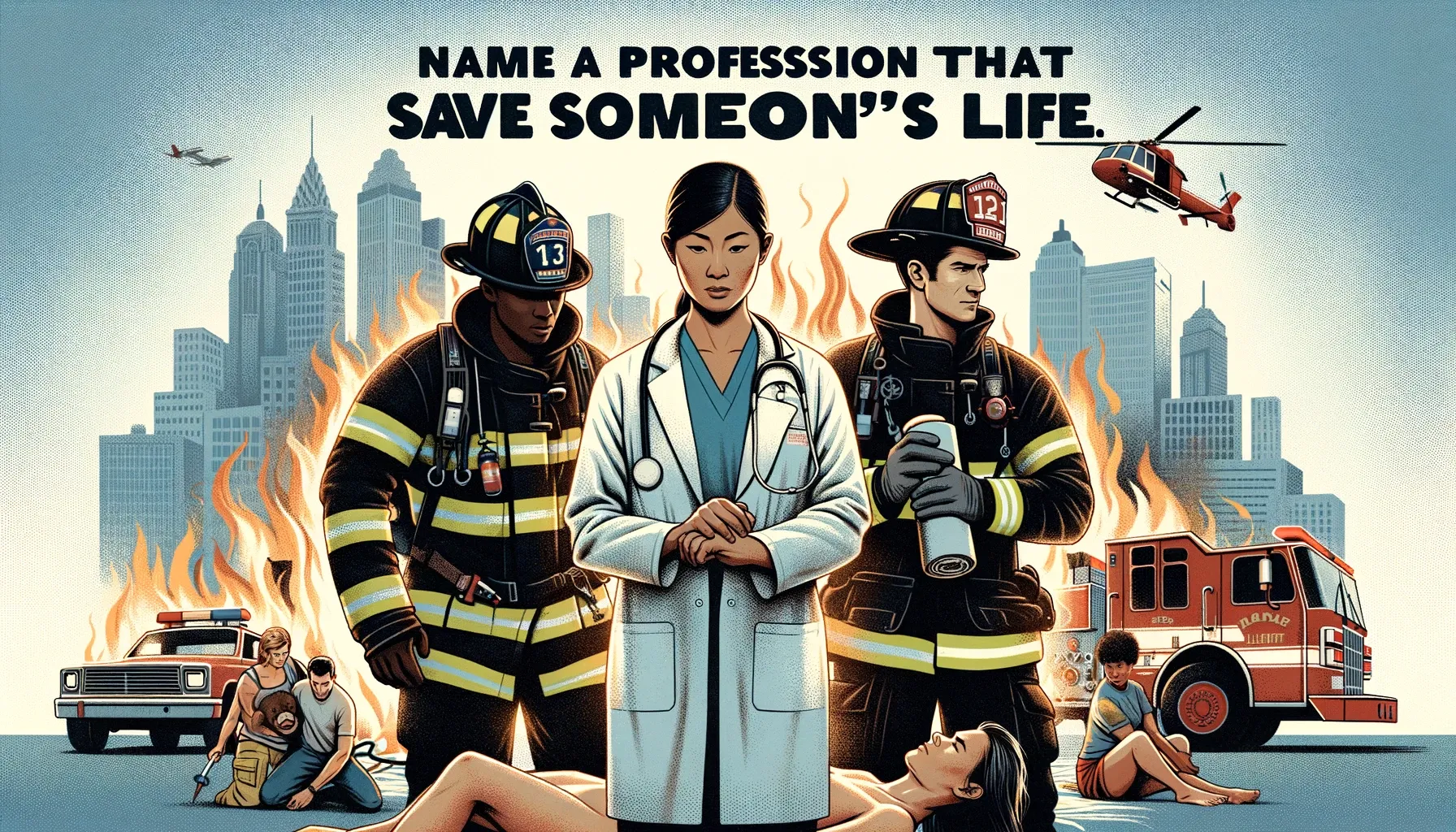Table of Contents
Can You Sue a Mental Hospital?
Yes, you can sue a mental hospital for negligence or mistreatment. Mental hospitals and psychiatric centers purpose to offer crucial care and remedies for human beings struggling with intellectual fitness problems. However, sometimes mistakes or negligence can occur during a patient’s stay, potentially leading to further trauma or harm. This raises an important question – what legal options exist if you or a loved one has experienced abuse, injury, or rights violations at an inpatient mental health facility? Here’s what you need to know about the possibility of lawsuits and liability in these difficult situations.
Understanding When a Mental Hospital May Be Liable
Mental hospitals have a duty of care towards their vulnerable patients. If negligent actions or inaction by the facility lead to preventable patient harm, there may be grounds for legal action. Some potential areas of liability include:

Medical Malpractice
- Just like some other clinical provider, mental hospitals can be sued for medical malpractice if their healthcare experts fail to meet the usual care and harmful consequences from this negligence. This may consist of misdiagnosis, surgical errors, medicine mistakes, loss of tracking, and more.
Failure to Protect Patients from Harm
- Facilities are responsible for taking reasonable precautions to protect patients from harm – including self-harm. Liability may exist if inadequate supervision and neglect lead to a patient suicide or attempted suicide.
Patient Abuse and Assault
- If patients experience verbal, physical, emotional, or sexual abuse from staff, grounds for a lawsuit may exist against both the individual perpetrator and the hospital system.
False Imprisonment
- Improperly detaining patients against their will or beyond legal holding periods can constitute false imprisonment. Violating patient rights in this way may lead to legal consequences.
Violation of Patient Rights
- Mental health laws exist to protect patient rights during involuntary commitment. Failure to uphold legal patient rights related to communication, hearings, consent, and quality of care could provide grounds for a lawsuit.
Key Factors in Building a Viable Case Against a Psychiatric Facility
Successfully winning a lawsuit against a mental hospital requires building a strong case and understanding the challenges involved. Some key factors include:
Demonstrating Negligence
- You must prove the facility failed to provide reasonable care, which led directly to patient injury or damages. Documentation of events is key.
Overcoming Immunity Defenses
- Some state laws grant partial immunity to psychiatrists and mental health facilities for actions taken in good faith. Overcoming this barrier requires clear evidence of negligence or misconduct.
Meeting Procedural Requirements
- Medical malpractice cases must typically comply with the notice of claim prerequisites, certificates of merit, expert testimony standards, and caps on non-economic damages.

Establishing Standing to Sue
- The patient directly impacted has standing to sue, but family members may need to prove special criteria to have legal standing in a wrongful death or related claim.
Securing Adequate Legal Representation
- Pursuing a psychiatric malpractice lawsuit requires an attorney experienced in mental health cases and overcoming systemic barriers patients often face.
Accounting for a Facility’s Resources
- The financial resources a hospital has to fight litigation can impact case viability and must be weighed. Government facilities have sovereign immunity protections.
Steps for Pursuing a Lawsuit Against a Mental Hospital
If you decide moving forward with a lawsuit is appropriate, some key steps include:
- Consult an attorney experienced in psychiatric cases
- Gather and preserve all evidence related to the issues
- Comply with notice of claim prerequisites within statutory time limits
- Allow pre-suit investigation and settlement negotiations, if applicable
- Have the attorney file a complaint and serve the defendants once the settlement fails
- Undergo extensive discovery and deposition processes
- Provide expert testimony and adhere to qualifications standards
- Make a settlement demand or proceed to trial

What Damages Can Be Awarded in a Mental Hospital Lawsuit?
If successful in court or through settlement, some potential damages a patient may recover include:
- Medical expenses from injuries sustained
- Lost wages and diminished earning capacity
- Pain, suffering, and emotional distress
- Loss of enjoyment and quality of life
- Punitive damages in cases of egregious misconduct
- Attorneys’ fees and associated legal costs
- Mandatory changes in hospital policies and procedures
However, laws capping certain damages apply, and public facilities may have limited payouts.
Alternatives to Lawsuits Against Psychiatric Facilities
Litigation is usually a last resort. Other options to address issues without suing include:
- File a grievance or complaint internally
- Report problems to state licensing agencies
- Consult a patient advocate for guidance
- Seek an apology or policy changes through direct negotiation
- Explore alternative dispute resolution like mediation
- Look into groups that provide pro bono legal help
Lawsuits remain an option for egregious cases but should be carefully considered with legal guidance.
FAQs related to suing mental hospitals:
Can you sue a mental hospital for misdiagnosis?
Yes, you may be able to sue a mental hospital for misdiagnosis if you can show the incorrect diagnosis resulted from a breach in the standard of care, such as failing to conduct a proper evaluation.
What if a family member committed suicide while in a mental hospital – can you sue?
If adequate precautions and monitoring were not provided, the hospital may be liable for failing to protect the patient from self-harm. Negligence leading to suicide could provide grounds for a lawsuit.
My child was assaulted by a staff member at a psychiatric facility – what are my options?
You may be able to sue both the individual who committed the assault and the hospital system for negligence in allowing patient abuse and failing to protect patients from harm.
Can you sue a mental hospital for not discharging a patient?
If a hospital improperly detains a patient beyond legal holding periods or violates their rights related to consent and hearings, false imprisonment claims may be warranted.
What damages can I recover if I sue a psychiatric facility?
Possible damages may include medical costs, lost income, pain and suffering, and attorneys’ fees. Punitive damages may apply for willful misconduct. However, state laws may limit awards.




